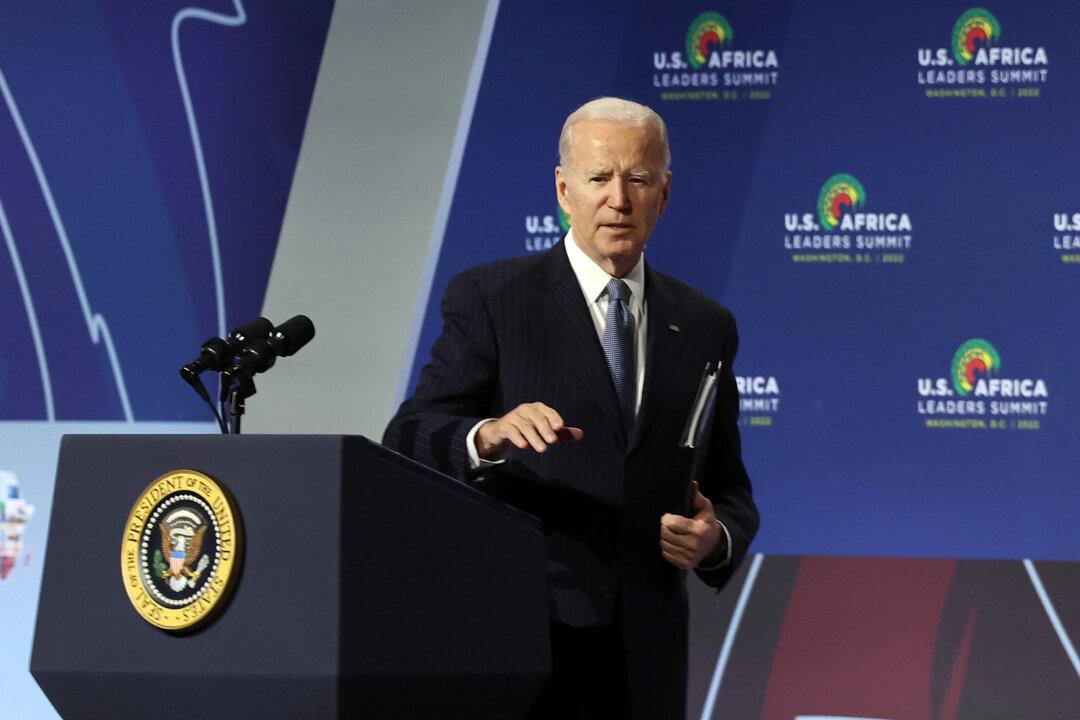President Joe Biden on Wednesday pledged to boost trade relations between Africa and the United States while strengthening the former’s food supplies, democracy, and economic development.
Speaking at the U.S.–Africa Business Forum in Washington, Biden announced a string of actions aimed at improving relations with the continent that amount to billions of dollars.




